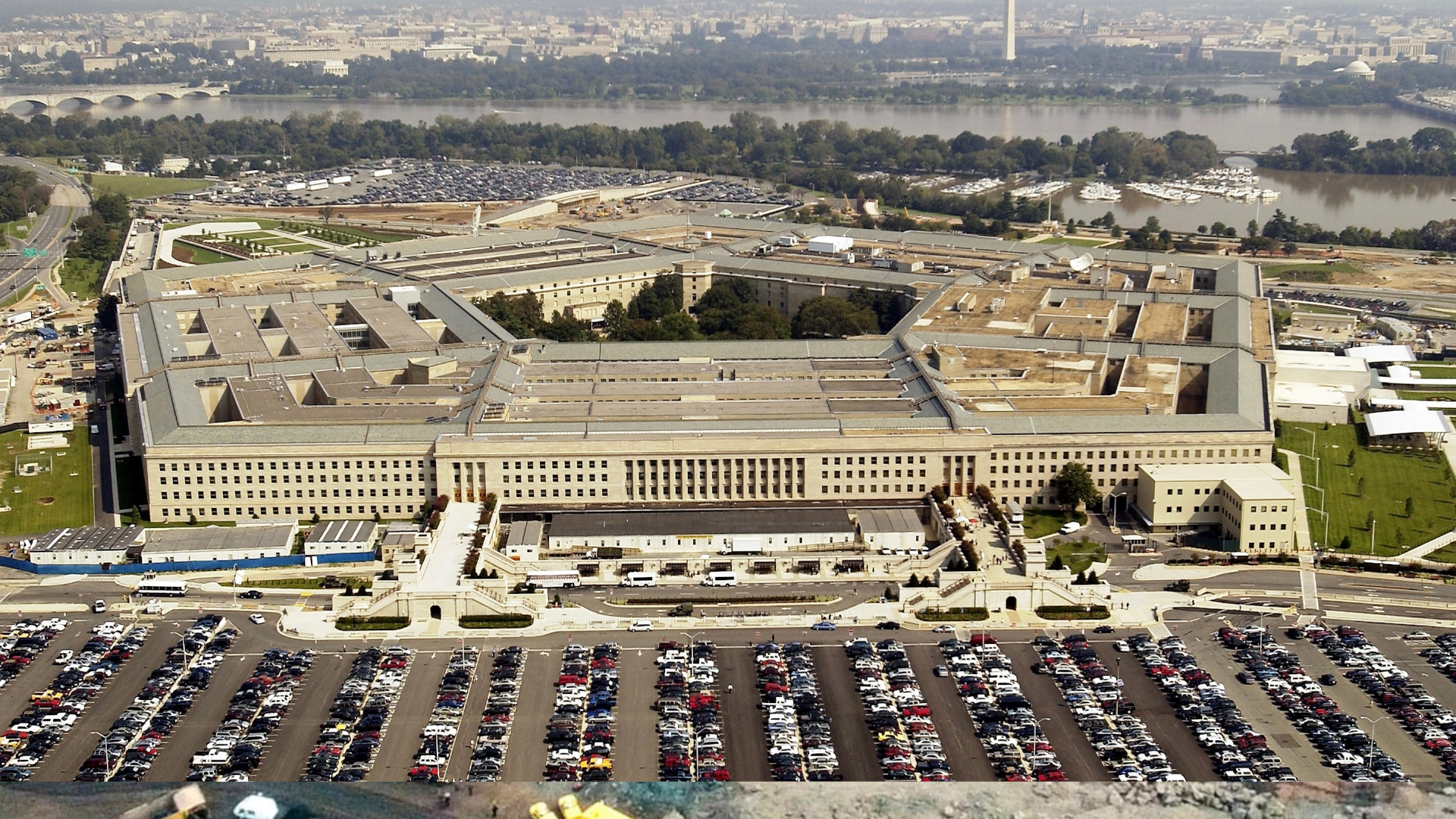
The national security law was passed in June 2020 and criminalizes acts of secession, subversion, terrorism, and collusion with foreign forces, with sentences of up to life in prison. Critics of the law argue that it has been used to suppress political dissent in Hong Kong and erode the city’s autonomy.
The UN report has also criticized China’s treatment of democracy activists in Hong Kong, including the use of excessive force by police during protests and the use of “vague and overly broad” charges to prosecute activists. The report highlighted the cases of several activists who have been imprisoned under the national security law, including Joshua Wong and Jimmy Lai.
China has rejected the UN report, calling it a “gross interference in China’s internal affairs.” The Chinese government has defended the national security law as necessary to maintain stability and security in Hong Kong, which has seen months of pro-democracy protests and unrest in recent years.
The UN report is just the latest development in the ongoing international concern over China’s human rights record and its increasing assertiveness on the global stage. The European Union and the United States have both imposed sanctions on China in recent months over its treatment of Uyghur Muslims in Xinjiang.
Critics argue that the national security law has been used to suppress political dissent and undermine the autonomy of Hong Kong. The law has also led to concerns about the erosion of freedom of speech and press freedom in the city. Media organizations such as Apple Daily, which is known for its critical coverage of the Chinese government, have been shut down as a result of the law.
The UN report’s call for the repeal of the national security law adds to the pressure on China to address concerns about its human rights record. However, it is unclear whether China will heed the call, given its rejection of the report and its past resistance to criticism from the international community.
The UN Human Rights Committee’s report highlights the ongoing concerns about China’s human rights record and its impact on political dissent and autonomy in Hong Kong. The international community will continue to monitor the situation in Hong Kong and hold China accountable for its treatment of democracy activists and human rights abuses.









Share this: